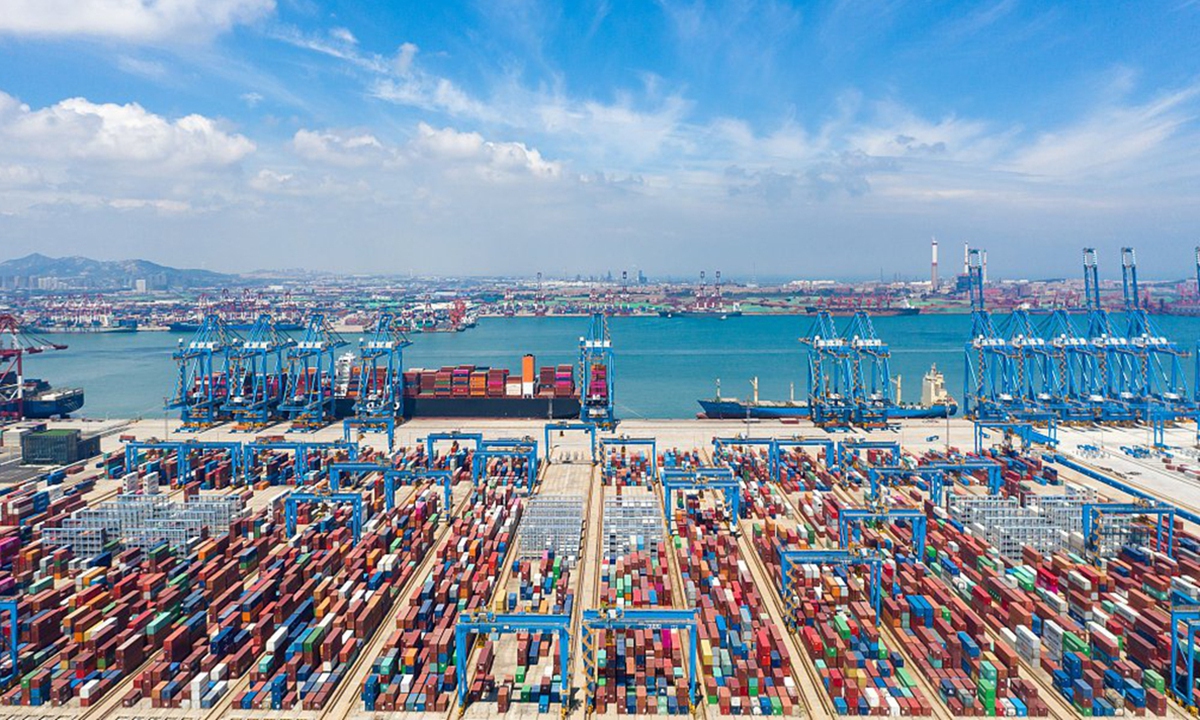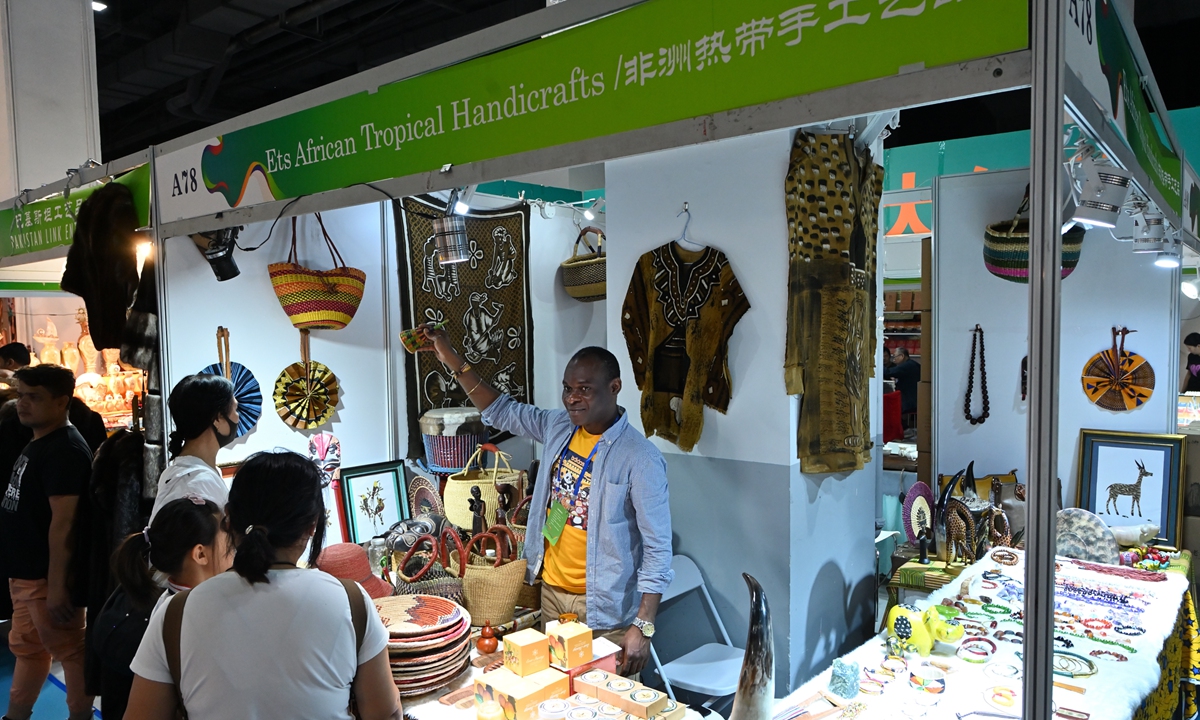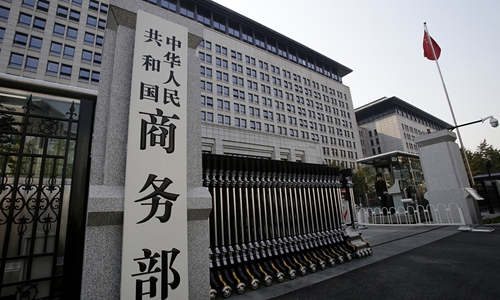China’s tariff adjustments come into effect, will boost foreign trade, high-level opening-up: experts

China trade economy File photo: VCG
China's import and export tariff adjustments on some goods took effect on Monday, including implementing provisional import tariff rates lower than the most favored nation rates on 1,010 goods, implementing tariff rates on some commodities under agreements and applying preferential tariff rates to 43 least-developed countries (LDCs).
As tariffs play a vital role in the integration of the domestic and international markets, experts noted that the adjustments will ensure the secure supply of products related to national security and help the country's industrial transformation for high-quality development.
They will also boost high-level opening-up to share development dividends with the world.
Starting on Monday, China reduced the import tariffs on resources, key equipment and parts that are in short supply domestically, such as lithium chloride, low-arsenic fluorite and gas diffusion layers for fuel cells.
"The adjustment of tariffs shows that China's industrial structure is moving toward the higher end. Lowering import tariffs on resources in short supply will help enterprises lower costs and help the country accelerate the innovative development of advanced manufacturing," Wang Peng, an associate researcher from the Beijing Academy of Social Sciences, told the Global Times on Monday.
The new-energy vehicle (NEV) industry is an important force in the development of China's advanced manufacturing industry, and has also become the focus of tariff policy support.
Tian Yun, a veteran economist based in Beijing, said that the tariff adjustments related to NEVs involve power battery raw materials and key components. In addition to boosting foreign trade, the policy will further ensure the secure supplies of industrial raw materials to better meet domestic production needs, further enhancing the international competitiveness of China's NEV industry.
As of Monday, China also applied zero tariffs to some medicines and raw materials for oncology drugs and drugs for rare diseases, and import tariffs will be lowered for food formulated for special medical purposes.
"Utilizing tariff leverage to meet livelihood concerns indicates the country's focus on protecting people's lives and health and meeting consumer demand with high-quality supply," Tian told the Global Times on Monday.
From the first day of 2024, China implemented tariff rates on some commodities under 20 agreements that originate from 30 countries or regions based on free trade agreements (FTAs) or other preferential trade arrangements. The China-Nicaragua FTA came into force on the same day, with tariffs cuts to be implemented.
Preferential tariff rates continue to be applied in this year to LDCs that have established diplomatic relations with China and completed relevant procedures.
The implementation will enable goods from more countries to enter the Chinese market at lower prices, thus sharing the country's huge consumer market, Wang noted, adding that it will further promote economic and trade cooperation between China and other countries, realizing mutual benefits and win-win results.
"The policy arrangements fully reflect China's determination to open up, and are also a vivid manifestation of the country's active integration into global industry and supply chains," Tian noted.
In December 2023, China issued a general plan for advancing the institutional opening-up of the China (Shanghai) Pilot Free Trade Zone in alignment with high-standard international economic and trade rules, a fresh message demonstrating the determination of both the central and local governments to expand opening-up.
Tian said that in the new year, authorities will roll out more favorable policies to boost foreign trade, including optimizing trade structures and promoting trade facilitation, which will form a multiplier effect that benefits both the country and the world.
"This year, the US is expected to reduce its interest rates, which will be a stimulus for the global foreign trade recovery. Combined with China's continuous efforts to improve the business environment and expand opening-up, the country's foreign trade this year will see a growth of 3 to 5 percent year-on-year in dollar terms," Tian noted.


